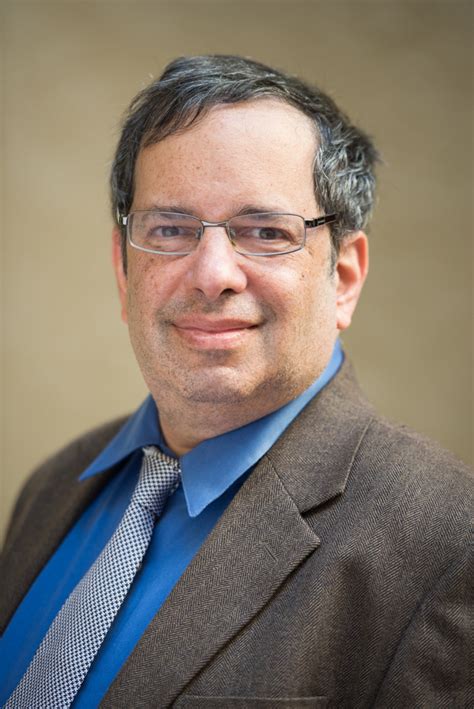A Quote by Jon Meacham
Like the Bible-a document that often contradicts itself and from which one can construct sharply different arguments-theology is the product of human hands and hearts.
Related Quotes
Among the many problems with taking the Bible literally is it reduces the most mysterious and complex of realities to simple - even simplistic - terms. Yes, scripture speaks of fire and damnation and eternal bliss, but the Bible is the product of human hands and hearts, and much of the imagery is allegorical, not meteorological.
"Biblical theology" refers to something more precise than theology that is faithful to the Bible. It might be helpful to draw a contrast: at the risk of oversimplification, systematic theology tends to organize theology topically and with an eye cast on its contemporary relevance, while biblical theology tends to organize the same biblical material so that it is easier to see the distinctive contribution of each biblical book and human author, and to trace the trajectories of themes across the Bible so we see how the books of the Bible hold together.
When climate change gets some attention in a 100-page document, the most important parts of which will have to do with the theology of stewardship and the theology of "human ecology," it's almost certainly going to be rapturously embraced, or bitterly opposed, as a "global-warming encyclical," despite the evidence that it's much more broadly gauged than that.
I let go of the notion that the Bible is a divine product. I learned that it is a human cultural product, the product of two ancient communities, biblical Israel and early Christianity. As such, it contained their understandings and affirmations, not statements coming directly or somewhat directly from God. . . . I realized that whatever "divine revelation" and the "inspiration of the Bible" meant (if they meant anything), they did not mean that the Bible was a divine product with divine authority.
Systematic theology will ask questions like "What are the attributes of God? What is sin? What does the cross achieve?" Biblical theology tends to ask questions such as "What is the theology of the prophecy of Isaiah? What do we learn from John's Gospel? How does the theme of the temple work itself out across the entire Bible?" Both approaches are legitimate; both are important. They are mutually complementary.
We see in the 20th Century an unfortunate trench warfare, in which psychoanalysis, in a struggle against the internalized compulsion and superstition of a particular doctrine, has expressed itself atheistically. By contrast, theology is not merely under suspicion of talking soullessly about God. Both theology and psychology, in striving for human health, need one another like the right and the left hand.
Theology is a non-subject. I'm not saying that professors of theology are non-professors. They do interesting things, like study biblical history, biblical literature. But theology, the study of gods, the study of what gods do, presupposes that gods exist. The only kind of theology that I take account of are those theological arguments that actually argue for the existence of God.
This withdrawal of theology from the world of secular affairs is made more complete by the work of biblical scholars whose endlessly fascinating exercises have made it appear to the lay Christian that no one untrained in their methods can really understand anything the Bible says. We are in a situation analogous to one about which the great Reformers complained. The Bible has been taken out of the hands of the layperson; it has now become the professional property not of the priesthood but of the scholars.
Instead of creating aesthetically pleasing prose, you have to dig into a product or service, uncover the reasons why consumers would want to buy the product, and present those sales arguments in copy that is read, understood, and reacted to—copy that makes the arguments so convincingly the customer can’t help but want to buy the product being advertised.
Who should listen to discussions of theology? Those for whom it is a serious undertaking, not just another subject like any other for entertaining small-talk, after the races, the theater, songs, food, and sex: for there are people who count chatter on theology and clever deployment of arguments as one of their amusements.


































